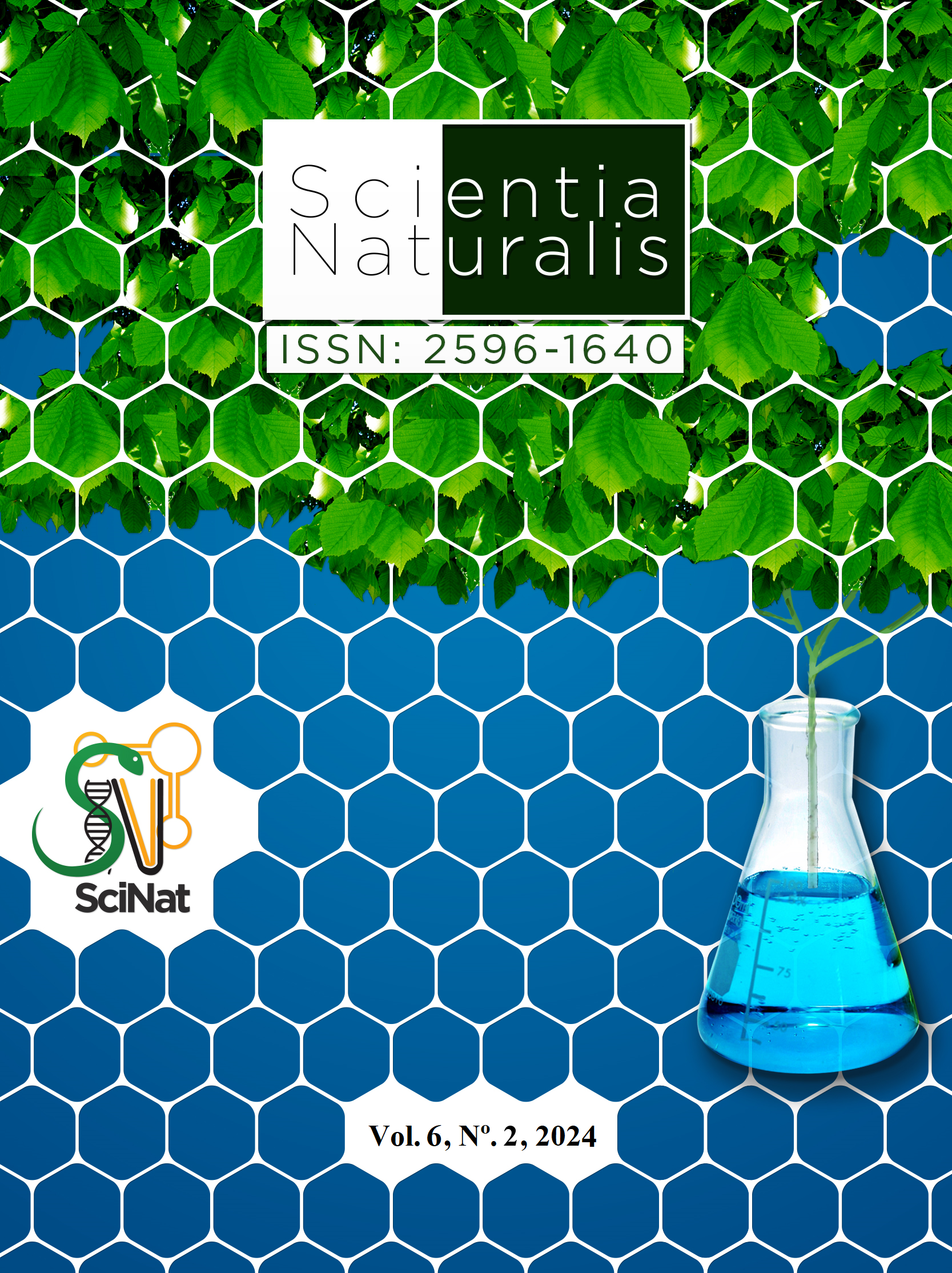Yield of two cassava varieties grown in a no-tillage system with limestone and potassium fertilization cover
DOI:
https://doi.org/10.29327/269504.6.2-6Abstract
The goal of this work was to evaluate the productive performance of two cassava varieties in no-tillage system with limestone and potassium fertilization. Two experiments were performed in Rio Branco - Acre, in a completely randomized design. In the first experiment, the three treatments were without fertilization, application of dolomitic limestone and application of potassium chloride, in eight replications. In the second, four doses of dolomitic limestone in coverage, were evaluated in six replicates. It was evaluated the chemical composition of the soil, final stand, plant height, number of roots per plant, root mass per plant, productivity of root, root dry matter content, starch content and harvest index. The data were submitted to the statistics test F. Regression analysis was performed for significant effects of limestone doses. In the first experiment, the application of limestone and potassium did not influence the characteristics of cultivar Pirarucu harvested at nine months. In the second experiment, it was verified that 1.500 kg ha-1 of limestone applied on the surface, at three months after planting, improves the chemical attributes of the soil, but does not promote an increase yield of cassava roots harvested at nine months.




